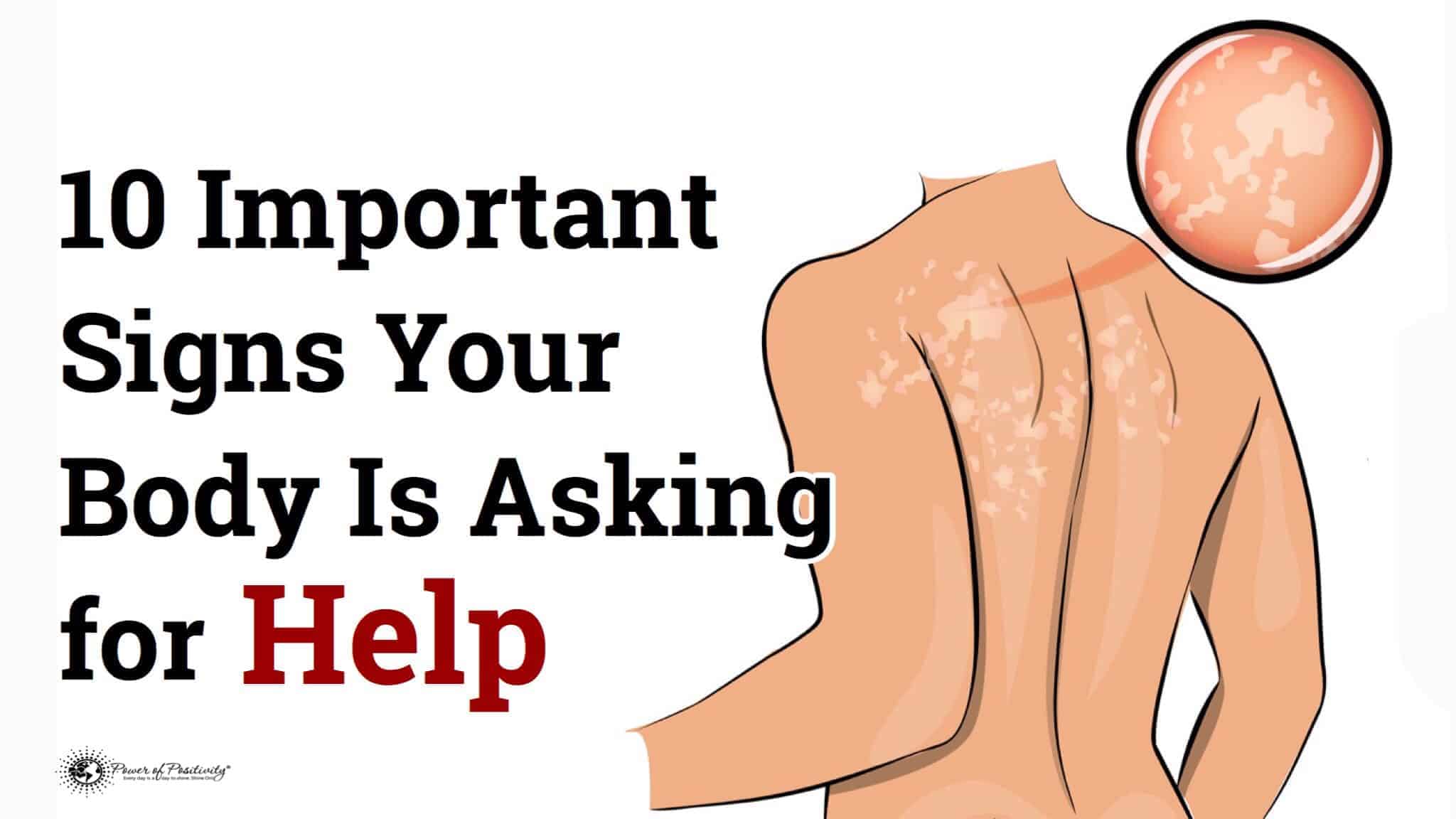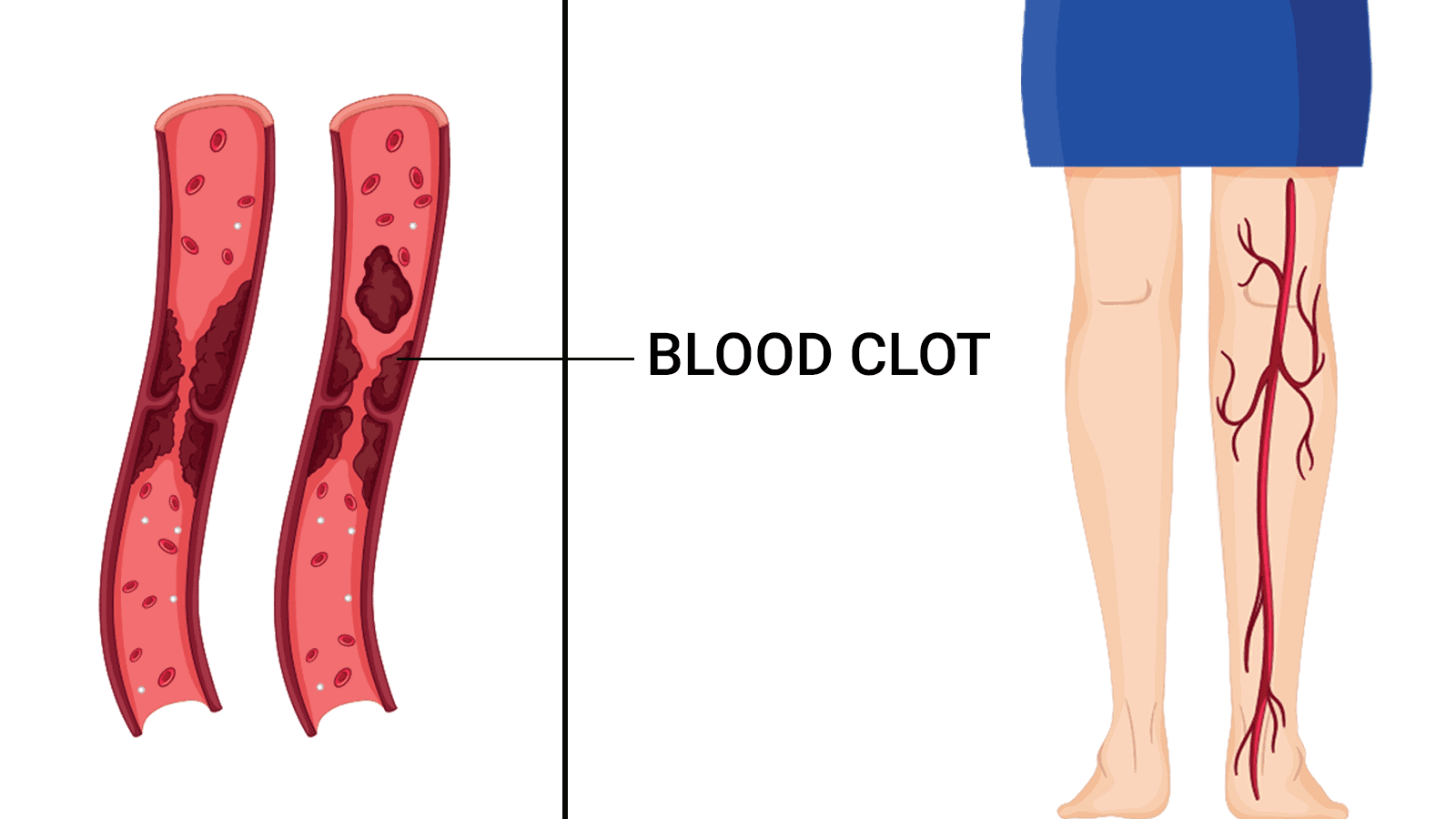A new study by psychologists from the University of New South Wales reveals that addictive cravings may stem from social isolation. The analysis performed on rats found that social interaction could mitigate cravings triggered by loneliness.
Published in the journal Scientific Reports, the research found that socializing reduced cravings for both sugar and nicotine in the rats. Social interaction had the same effect on both cravings as living in a rich, stimulating environment.
The results make sense because when animals or humans become isolated, they turn to other stimulation activities. Oftentimes, this means finding happiness in destructive habits such as overeating, smoking, or drinking.
Social interaction can lessen the cravings by diverting the mind to people rather than unhealthy triggers.
“This was an animal study, but we can probably all relate to the mental health benefits of being able to go for a coffee with our friends and having a chat,” lead author Dr. Kelly Clemens from UNSW Sydney’s School of Psychology said. “Those sorts of activities can divert our attention from being at home and eating and drinking — but they can also be rewarding in and of themselves, and we come away from those interactions feeling relaxed, happy, and valued in a way that means our general demeanor and mental health has improved.”
Social isolation now reaches the forefront.
 Researchers say that even before the pandemic, Australia saw an increase in social isolation. In fact, almost 25% of Australians reported feeling lonely or socially isolated. Prolonged loneliness can lead to health problems such as anxiety, depression, overeating, and a higher risk of cardiovascular disease and cancer.
Researchers say that even before the pandemic, Australia saw an increase in social isolation. In fact, almost 25% of Australians reported feeling lonely or socially isolated. Prolonged loneliness can lead to health problems such as anxiety, depression, overeating, and a higher risk of cardiovascular disease and cancer.
Dr. Clemens said that social isolation could also result in increased drug use. Furthermore, it can make it more difficult for those wanting to cut back or quit the habit. The UNSW Scientia Fellow wanted to study why people often relapse on drugs when they feel lonely or isolated.
The study on how social isolation can trigger addictive habits
“We know that if you’re a regular smoker and you’re trying to give up, and then you see somebody else smoking on tv, smell cigarette smoke, or you see a packet of cigarettes, people experience very strong cravings,” she said. “So we wanted to know if isolation increases the likelihood of picking up on those cues and of initiating cravings.”
Clemens said that previous studies have found that certain psychological traits can trigger addiction. The research discovered that both people and rodents who felt anxious or lonely paid more attention to substance cues. These types of signals tend to stay in a person’s long-term memory.
“And they can actually have a bigger influence over behavior later on,” she said.
How this differs from previous studies
Many prior studies have focused on how isolation affects adolescent rats. However, Dr. Clemens chose to study adult rats for this particular study. She analyzed how cues associated with nicotine intake influenced cravings in socially isolated adult rats. The purpose of the research was to see if returning animals to social settings could reverse these cravings.
The team measured cravings by recording how often the rats pressed a lever that activated a cue linked to nicotine. The researchers found that the socially isolated rats had a higher likelihood of relapsing on nicotine after a brief hiatus. However, their cravings disappeared when they returned to group housing. This proves the importance of social interaction in people trying to recover from substance abuse.
“When we put the rats back with their cage mates, they weren’t interested in the cue for the nicotine anymore, and they showed little evidence of relapse,” Dr. Clemens said. “The key finding of this particular study is the reversal of susceptibility to relapse with that return to group housing.”
The main takeaways from the study
Dr. Clemens expressed her surprise in discovering how quickly the rats overcame addiction when returning to group housing.
“The impact of social isolation took much longer to manifest, suggesting that social interaction may have a lasting protective effect against the development and relapse of addiction,” she said.
She also said that the study demonstrated the impermanence of drug use due to social isolation.
“Smokers who want to quit are often provided with a pharmacological response to their addiction. They can access many medications and replacement therapies that can have variable results. Our findings suggest that something as simple as socialising with your friends could reduce those cravings and make you less likely to smoke.”
“This is consistent with other recent evidence that suggested people crave social interaction and that isolation interacts with the brain’s reward circuitry. “But it’s important to note that this was research done in animals, and how exactly it translates to human behavior needs to be the subject of further research.”
The study concentrated on nicotine, but Clemens discovered a similar result from the control measure used in the research: sugar.
“This tells us that our results probably extend to other high fat, high sugar food, and drinks. It is possible that if we did a similar study with alcohol and other drugs of abuse, we might find a similar pattern. But we would have to test that specifically.”
Dr. Clemens added that an additional study could analyze if social isolation leads to long-term or temporary brain changes. This could provide insight into the behavioral impacts observed in the study.
 Final thoughts: a study on rats reveals social isolation can worsen cravings
Final thoughts: a study on rats reveals social isolation can worsen cravings
The UNSW study found that social isolation in rats made cravings for substances like sugar and nicotine worse. However, when the researchers returned the rats to a social environment, their cravings almost disappeared. This shows the importance of socializing for both mental and physical health. When people associate, it triggers the reward system in the brain, which also becomes activated with drugs and sugar.
Therefore, socializing can mitigate the effects of addiction and perhaps totally eradicate it in some cases. Researchers want to do further studies on how isolation impacts the brain, and consequently, behavior. In the meantime, the research shows promise for those suffering from social isolation or drug addiction. The main takeaway is that the consequences of social isolation can be reversed, and we can help each other heal.

















